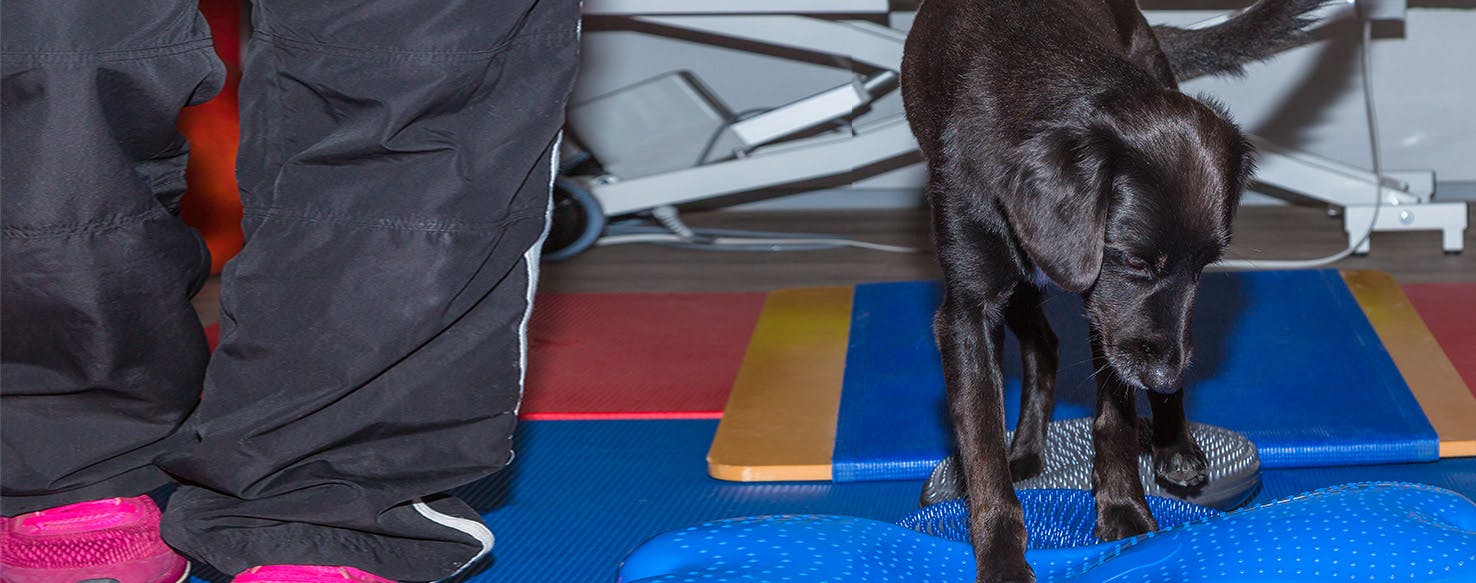You come home after a long day at work and find out that your four-footed angel has shredded your favorite throw pillow and tipped over the garbage, spreading it around the house. Your frustration is second only to your desire to find out how to stop your dog from behaving this way.
This scenario is more common than you think and has a simple explanation. We tend to think of dogs as being completely domesticated and an extension of our human world, when, in fact, they have more in common with their wild ancestors than you might realize.
Dogs make great human companions. Unfortunately, what we neglect to remember is that dogs are relatives of wolves, and once you look at their habits, it is easy to see why they might be acting up. Old habits die hard – dogs were never meant to be cooped up with little activity, and if your dog is a working breed this might exacerbate the problem even more. So, if your dog is chewing or destroying things in your home, it is likely because they are bored.
With no outlet for that boredom, some dogs will engage in
undesirable
activities. Even worse, they may become anxious and
depressed. Check out these exercise tips for your dog's body, brain, and behavior.
Think about the days when you are so restless you just have to get out of the house and do something. Dogs are no different. They were never meant to be couch potatoes while you go off to work and go about your day. That anxiety starts as pent-up energy and the need for stimulation of any sort.
Unfortunately, without a healthy outlet for that energy, dogs can get themselves into trouble. If your dog has a nose for mischief, check out our
pet insurance comparison tool. Brought to you by Pet Insurer, Wag! Wellness lets pet parents compare insurance plans from leading companies like
FIGO and
Nationwide.
In terms of helping your dog burn off excess energy, find games that challenge your pet, such as hide and seek, or let your dog determine your walking route. If you have a working dog breed, consider teaching them a sport such as
flyball or
agility. Not only will it be a good mental and physical outlet for them, but it will be good for you as well!
You might think walking is boring, but your dog will not agree with you. Your pup's super-sensitive nose will engage, and your dog will probably spend more time sniffing around at the world than they will walk. All this amounts to stimulation as your dog explores the environment. Add in a few new people, like a
local dog
sitter, and other dogs to meet, and your beloved pet will be much happier. Keep in mind that your dog is a social animal – the more comfortable they are with their surroundings and the more friends they make, the happier they will be.
Training your dog to do tricks has more benefits than just showing off to your friends. Teaching your dog a
new trick gives them brain-benefits. Play games with verbal cues to hone your companion's listening skills. Show your dog how to
scent
track using treats or a favorite toy as a way to combine the body and the brain. Challenge your dog by teaching them to walk a balance beam or jump through a hoop. Not only does your social dog get time bonding with you, but you are also expanding their horizons.
There are many
benefits to
engaging in play and exercise for your dog, and for you too! Having a pet can reduce stress levels, and going for dog walks is excellent exercise. While you are trying to improve your dog’s body, brain, and behavior, you might just improve yours as well.
A final word of caution: if your dog appears depressed or
anxious, it is important to have them checked by a vet. While most behavior problems can be solved by healthy activity, sometimes these symptoms can indicate a physical problem as well. A vet check can ensure your dog is healthy and ready to hit the agility course!


